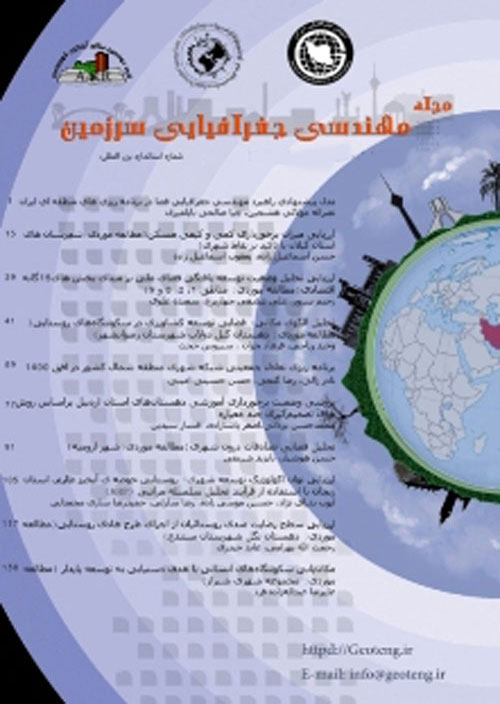A Review of Sociological Perspectives on Administration Corruption
Corruption is a problem that has been encountered by organizations and organizations throughout the ages and has formed the core of many social and political scientists and thinkers. The purpose of this article is to review the sociological approaches of corruption. The lack of theoretical approaches to corruption studies is one of the research weaknesses that have studied the phenomenon of corruption in Iran. In this article, the problem of corruption is discussed in the form of three dominant sociological paradigms (reality, definition, and social behavior), while familiarizing the scientific community with the relevant theoretical issues, it is possible to exploit these theories in the research.
The research method used in this paper is a documentary method that has been explained based on the study of books and existing works of corruption.
In fact, paradigms give humans the power to analyze complex problems and regulate their components and provide a basis for judgments. In the social reality paradigm, five major approaches to functionalism, structuralism, structural functionalism, and conflict on corruption were investigated. In the paradigm of social definition, two approaches to the symbolic interaction and interaction school and in the social behavior paradigm are referred to two approaches to behavioral sociology and exchange on corruption.
-
Exploring the Factors Affecting the Consumption of Cultural Goods among the Youth of Yasuj
Seyed Ali Hashemianfar *, , Parvaneh Bayati, Mohammadreza Ranjbar Mohammadi
Sociological Studies of Youth Journal, Autumn 2020 -
Perceived Social Support and Social Isolation in the Older Adults
, Mansoor Haghighatian*, Aliasghar Mohajerani
Depiction of Health,



